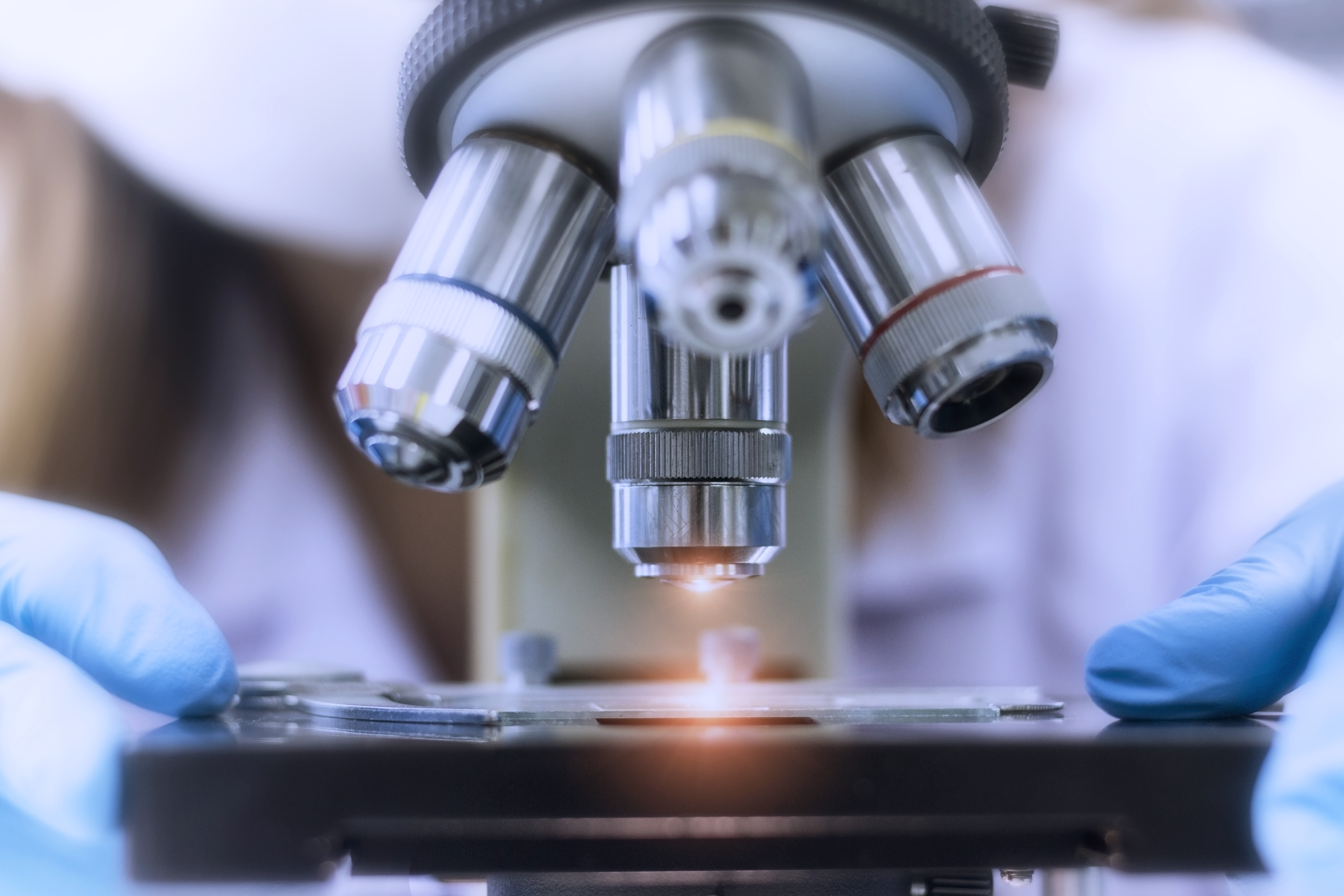The question over how protected someone is following a COVID infection has come with varying answers since the pandemic began, but as super contagious omicron subvariants dominate cases across the U.S., they could mark yet another change.
Chicago's top doctor noted that while the omicron variant itself marked a distinct shift in reinfections, evading natural immunity from infections with previous strains, BA.5 has similarly evaded immunity from even other omicron infections.
"All of the variants prior to this, we were not seeing a lot of reinfection with the current variant," Chicago Department of Public Health Commissioner Dr. Allison Arwady said. "So we saw people who had had alpha or delta in the past be relatively protected, but potentially get infected with omicron. Everything has been omicron since January, to be clear - all of these subvariants are different versions of omicron. BA.4, BA.5 is the first one where we're seeing some reinfection even of people that had a prior version of omicron. So that is different."
Arwady said while it's still not common to be reinfected if you had COVID recently, "we are seeing some more of these infections."
Feeling out of the loop? We'll catch you up on the Chicago news you need to know. Sign up for the weekly Chicago Catch-Up newsletter here.
"Especially if you're counting on an omicron infection from six months ago, like don't be counting on that," she said.
Aside from being even more contagious than previous variants, scientists have been tracking a mutation in BA.4 and BA.5 that could help it evade some immunity and cause reinfections.
A genetic trait that harkens back to the pandemic's past, similar to what is known as the “delta mutation," appears to allow the subvariants "to escape pre-existing immunity from vaccination and prior infection, especially if you were infected in the omicron wave," said Dr. Wesley Long, a pathologist at Houston Methodist in Texas. That's because the original omicron strain that swept the world didn’t have the mutation.
Local
This genetic change is bad news for people who caught the original omicron and thought that made them unlikely to get COVID-19 again soon. Although most people don't know for sure which variant caused their illness, the original omicron caused a giant wave of cases late last year and early this year.
Long said lab data suggests a prior infection with the original omicron is not very protective against reinfection with the new mutants, though the true risk of being reinfected no matter the variant is unique to every person and situation.
However, COVID-19 vaccinations have continued to prevent severe hospitalization and death, Arwady said.



